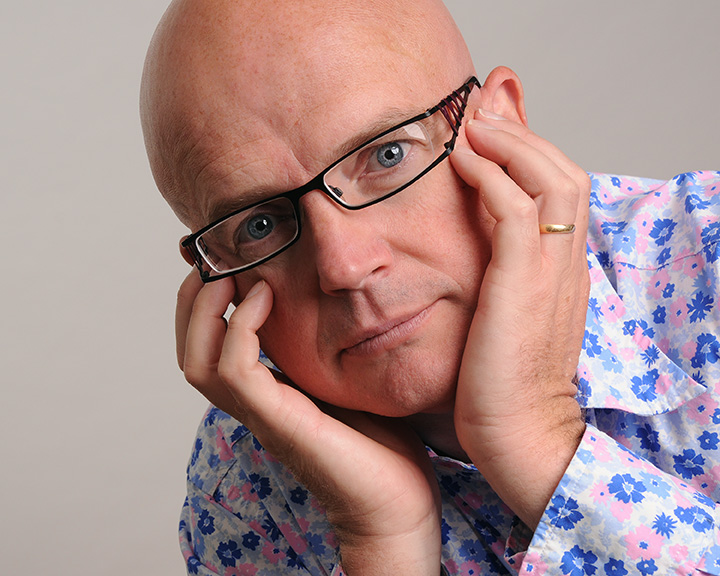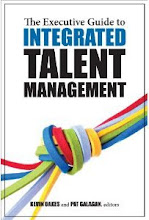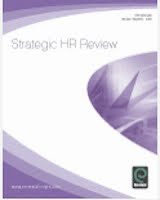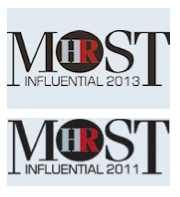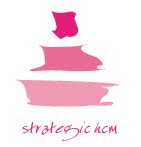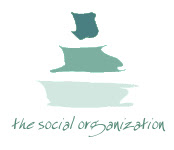I've been attending the live stream from the Peter Drucker Forum in Vienna for the fourth year in a row. This conference is always really good value, and I usually find it has a few particularly great sessions, often focused on one or two key issues, not necessarily connected to the formal theme of the conference. This year's event has focused on the Human Dimension, but for me, the best insights have been around networks, ecosystems and platforms.
I wrote about platforms and ecosystems in The Social Organization, but only briefly, partly because I ran out of time / wordcount, but also because they're relatively new and I'm still developing my understanding of them. So I was pleased to gain more insight at the forum.
First up on this agenda yesterday was John Hagel, who spoke about developing creative organisations, but also mentioned his work on business practice design. That diverted me onto the Centre for the Edge's site to do some multi task reading on this, as well as on network organisations, which I've written up on Organization.Social.
I think that's relevant because for me, the fundamental basis for ecosystems is the extension of
network organisations outside a single organisation, increasingly
through the use of digital platforms (and in the future, through Blockchain).
We also head about one network organisation - Vinci Group - from their CEO Xavier Huillard. Vinci runs as a network, but it's a network of companies not a network of individuals, which is my own interest.
Vinci doesn't focus on processes but on the network. It's central principle is that people are pulled by the group's values, not pushed by processes. This provides a strong culture, the Vinci Way, and the behaviours published in its Manifesto. Reward is important too, and 120 thousand of their 200 thousand people have a common system of reward providing collective ownership. They own 11% of the group and are collectively its biggest shareholder. Overall, it acts as a decentralised organsiation, with its 3500 business unit heads acting as entrepreneurs. Controls to develop human capital and balance global and local are provided by these inspiring leaders, not an organisational hierarchy.
Michael Jacobides (pictured above) then spoke about digital designed ecosystems. He suggested that ecosystems are becoming new the basis for competition, both in terms of products but business ecosystems (models) too. This is leading to the development of new customer centric, globally connected but locally relevant 'digispheres', this example for the health sector:
All organisations need to be thinking about their places within these ecosystems, whether as orchestrators, partners or contributors (not everyone can or should be an orchestrator, meaning that business leaders need to be aware of their own ego-systems). Eg the second slide here is Phillips Healthcare.
We also heard today from probably the prime example of an ecosystem orchestrator, which is Haier, in a talk delivered by their CEO, Zhang Ruimin, in Mandarin. This wasn't translated on the live stream so I only got a few additional insights on top of what I've previously read elsewhere.
Ruimin explained Haier's Rendanheyi model and the way this has disrupted:
- Employees - from the economic to autonomous person. Emancipating and mobilising people's ability rather than seeking balance or harmony. And seeing the world as my HR department.
- Organisations - from bureaucracy to '3 selves': self employed, self-motivated and self-organised.
- Compensation - from broadbanding to paid by users. Linking income directly to value provided to customers.
This is perhaps the third reason that I didn't write about ecosystems myself. I was writing about social organisations and ecosystems often aren't organisations at all, but market based arrangements for getting work done.
But Haier is at least an 'organisational ecosystem' rather than just a 'business ecosystem', ie it functions as an overall entity rather than just a set of entities whose products stitch together into an integrated whole.
I think both types of ecosystem are going to be an increasingly common way for businesses to do work, and we need to understand how to design them too. (Including designing what I describe as 'social ecosystems' - ones in which social relationships are built to enable and support the transactional commercial arrangements at their core.)
For business ecosystems, we just need to understand how to design our organisation to participate in the ecosystem. For organisational ecosystems, we need to be able to design the whole ecosystem.
So it was good to also hear from Dave Ulrich speaking about market oriented ecosystems (or MOEs) and
a logical process for developing such an ecosystem (which actually largely
applies to any organisation design):
If you want some support in making this sort of change, please contact:
- Consulting Research Speaking Training Writing
- Strategy - Talent - Engagement - Change and OD
- Contact me to create more value for your business
- jon [dot] ingham [at] strategic [dash] hcm [dot] com

